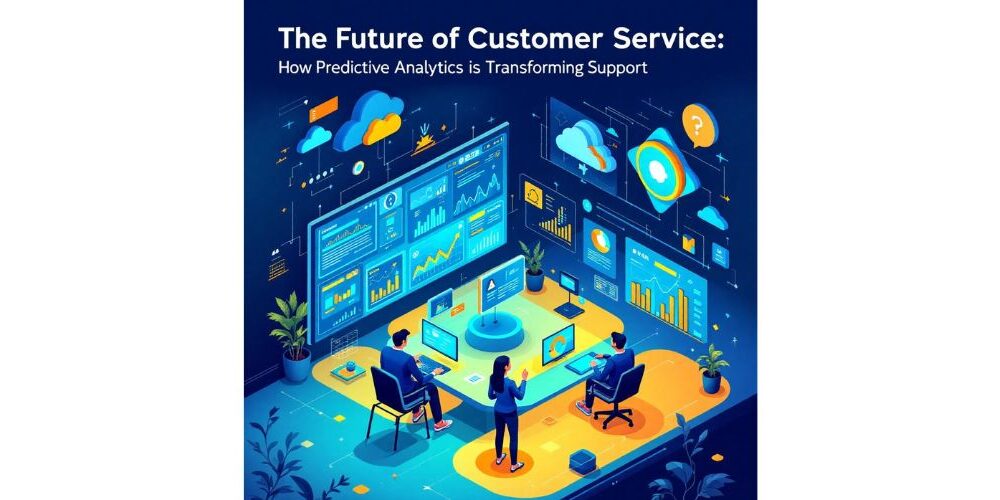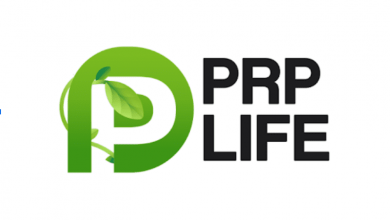The Future of Customer Service: How Predictive Analytics is Transforming Support

In the evolving world of customer service, organizations are embracing advanced technologies to anticipate and resolve issues before they arise, improving efficiency. This shift is largely driven by predictive analytics, a data-driven approach that enhances service efficiency and customer satisfaction, streamlining operations significantly. Shashidhar Solige, a researcher in the field, delves into how predictive analytics is reshaping customer interactions and improving overall service experiences, bringing new possibilities. The rapid adoption of these technologies is setting new standards for service excellence.
From Reactive to Proactive: A Paradigm Shift in Customer Service
Traditionally, customer service has operated in a reactive model, where companies address issues only after customers report them, causing frustrations. Predictive analytics, however, is revolutionizing this approach by leveraging data to foresee potential problems, preventing escalations. By analyzing historical patterns, customer interactions, and external signals, companies can now preemptively intervene, minimizing disruptions and enhancing user satisfaction, ultimately boosting retention rates.
Data Integration: The Foundation of Predictive Insights
One of the key enablers of predictive customer service is comprehensive data integration, ensuring consistency. Organizations collect and analyze various data sources, including service history, customer profiles, product usage telemetry, and market trends, improving decision-making. This unified data pool helps businesses detect patterns that signal potential issues, allowing them to proactively reach out to customers before problems escalate, enhancing engagement.
Machine Learning and AI: Powering Intelligent Customer Support
Machine learning algorithms play a crucial role in predictive analytics by continuously refining models based on new data, optimizing processes. Techniques such as classification models, natural language processing (NLP), and anomaly detection enable companies to identify risks, automate ticket routing, and provide personalized service recommendations, boosting productivity. These intelligent systems streamline operations, ensuring customers receive timely and relevant support, enhancing experience.
Personalized Self-Service: Redefining Customer Interaction
Predictive analytics is also driving advancements in self-service capabilities, revolutionizing support. AI-powered chatbots and recommendation systems analyze customer inquiries and offer real-time, relevant solutions, reducing dependency on human agents, improving response times. This personalization not only enhances user experience but also reduces operational costs for businesses by decreasing the volume of service requests, improving scalability.
Early Warning Systems: Preventing Service Disruptions
Through predictive modeling, organizations can identify potential service failures before they occur, mitigating impact. By analyzing product telemetry and customer behavior, early warning systems can detect anomalies and trigger proactive interventions, ensuring seamless functionality. This proactive approach reduces downtime, enhances service reliability, and builds customer trust, fostering stronger relationships.
Churn Prediction: Retaining Customers Before They Leave
One of the most significant applications of predictive analytics in customer service is churn prediction, preventing losses. By assessing engagement levels, service interactions, and sentiment analysis, businesses can identify at-risk customers and deploy targeted retention strategies, increasing satisfaction. Timely personalized offers and proactive engagement reduce churn rates, ultimately driving higher customer lifetime value, strengthening loyalty.
Ethical Considerations and Data Governance
As predictive analytics becomes more sophisticated, ethical concerns around data privacy and algorithmic bias must be addressed, ensuring trust. Companies must implement robust data governance policies to ensure transparency, compliance, and fairness in their AI-driven service models, promoting confidence. Customers are more likely to trust predictive services when they are informed about how their data is used to improve their experiences, building credibility.
The Road Ahead: Future Innovations in Predictive Customer Service
The evolution of predictive analytics is far from over, expanding possibilities. Emerging technologies such as federated learning, explainable AI, and emotional intelligence-driven sentiment analysis will further refine predictive capabilities, making services smarter. These innovations will enhance service personalization while maintaining privacy, making customer support more seamless and intuitive, increasing accessibility. Businesses that effectively integrate these advancements will redefine industry standards and elevate customer expectations.
In conclusion, predictive analytics is undeniably transforming customer service, making it more efficient, proactive, and customer-centric, elevating expectations. By leveraging data-driven insights, companies can proactively address customer needs and enhance overall satisfaction. Organizations that embrace this technology will gain a competitive edge by delivering superior experiences and building long-term customer loyalty, reinforcing growth. As Shashidhar Solige highlights, investing in predictive strategies today will define the future of customer service tomorrow, shaping industries.

Source: The Future of Customer Service: How Predictive Analytics is Transforming Support



